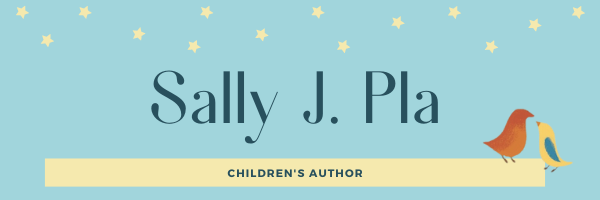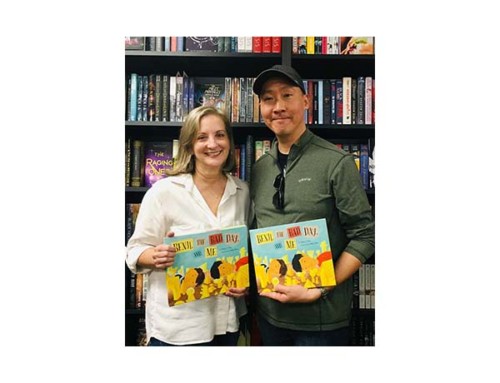
When I was little, I felt like I watched a blurry world from inside a glass box. What happened outside the glass – what others were doing and saying, and why – was baffling. It never occurred to me that I had any sort of interactive role to play, along with them. I was just a spectator, trying to make sense of it all.
School, especially, felt this way to me. But by the age of ten or eleven, things were starting to come into better focus. Starting to make more sense. I observed more carefully. I studied other kids, grownups, characters in books, characters on TV. I mimicked their ways of interrelating, their body language, their banter, their laughter.
For the most part, my mimicry was unconscious. Other times, it was deliberate. For example, a certain neighbor had this bright, beaming way of saying “Hi there!” that just made me feel good inside. I remember deliberately deciding to precisely mimic her “Hi there!” in hopes that I’d share that happy friendliness with others.
Sometimes, I’d get things wrong and be taunted or bullied – even by “friends,” which was tragic and bewildering. I desperately wanted the world to be just, organized, clear, kind, and golden-rule-following. Of course it wasn’t.
Eventually, the glass grew thinner, and my focus got sharper. I grew up, got a job, got married, and had three wonderful sons, one of whom is autistic. It took me until middle age for me to look back with a 20/20 hindsight lens, and realize that the joys and challenges of autism might be part of my story as well.
Too often, autistic women remain hidden, undiagnosed. We fly under the radar, because we can get really good at blending in, masking, camouflaging. I was obsessed with blending in. (I studied social interactions and behaviors like a mini Margaret Mead in training!)
As one autistic woman put it recently: “I can do anything you can do, but it feels like I’m doing it with an 80 pound backpack on.” Yes! It can be so exhausting. I might need a full day after a public event, to detox/de-stress. I jump with panic at sudden noises (I use noise-canceling headphones A LOT). When my phone rings, I freak out — then take a deep breath, and answer so calmly, you’d never know. Trips to the store often end with me heading home with the cart only half full, because I’ve reached my sensory limit of loud music and jostling aisles.
That’s just a few of the surface challenges. But I love connecting out in the world. So I go, and do. I try to find the right balance, learn when to push, and when to recoup. It’s not always easy.
Autism is a human condition, emphasis on the word human. I hope we can learn to expand our definitions of all the various, beautiful, different and/or challenging ways that different brains work in this world. To help each other out of those glass boxes. To accept each other, and see each other clearly. We are all imperfect. And we are all beautiful.


